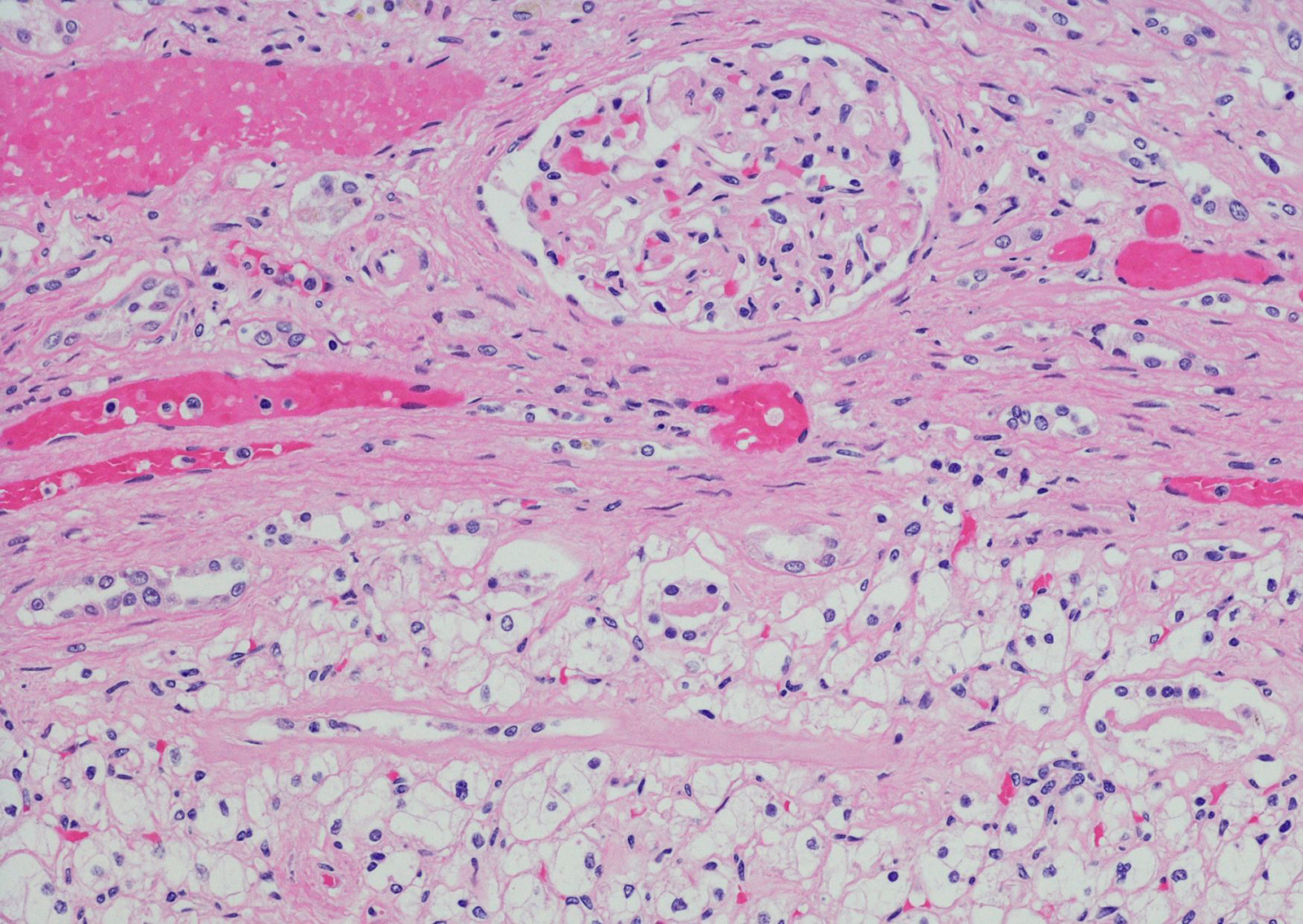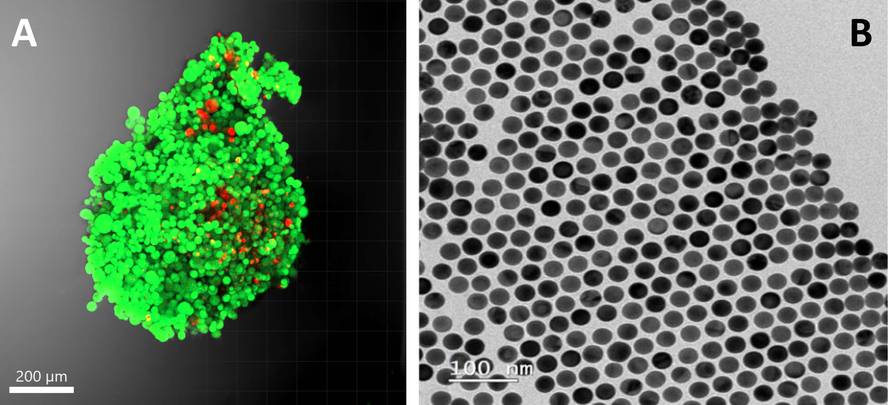Game theory confirms that homogeneous tumors are more aggressive
2023/12/28 Elhuyar Zientzia Iturria: Elhuyar aldizkaria

To reach this conclusion, it has been based on game theory. Game theory helps to understand the interactions between cancer cells. Specifically, the game Belatz-paloma is a mathematical tool developed to analyze cooperation and competence in biology. When applied to cancer cell collectivities, it explains the behavior of cancer cells when competing for an external resource. In the game, to get a resource, cells can act aggressively, like a hawk, or passively like a dove.
In light cell renal carcinoma, very aggressive, the game theory has been used to study bilateral interactions between cells in two different scenarios: one is of low tumor heterogeneity because only two types of tumor cells compete for one resource; the other is of great tumor heterogeneity, since this competition occurs between three types of tumor cells. Thus, it has demonstrated that some of the fundamentals of intra-humoral heterogeneity, histopathologically and genomically confirmed, are based on mathematics.
The work has been published in the journal Trends in Cancer, in collaboration with researchers from Biocruces, the San Giovanni Bosco Hospital in Turin and the Pontificia Unibersidade Católica de Rio de Janeiro, and states that it can have important practical repercussions in the clinical treatment of malignant tumors.

Gai honi buruzko eduki gehiago
Elhuyarrek garatutako teknologia





